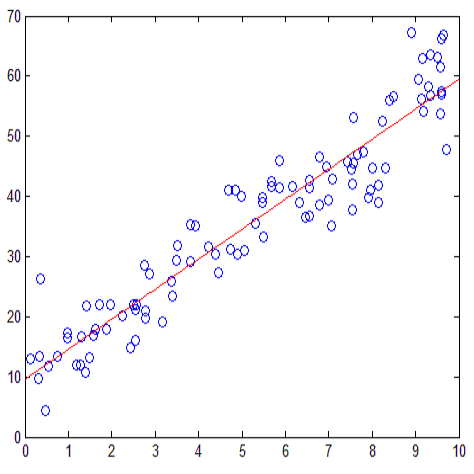Movement primitives are trainable parametric models that reproduce robotic movements starting from a limited set of demonstrations. Previous works proposed simple linear models that exhibited high sample efficiency and generalization power by allowing temporal modulation of movements (reproducing movements faster or slower), blending (merging two movements into one), via-point conditioning (constraining a movement to meet some particular via-points) and context conditioning (generation of movements based on an observed variable, e.g., position of an object). Previous works have proposed neural network-based motor primitive models, having demonstrated their capacity to perform tasks with some forms of input conditioning or time-modulation representations. However, there has not been a single unified deep motor primitive's model proposed that is capable of all previous operations, limiting neural motor primitive's potential applications. This paper proposes a deep movement primitive architecture that encodes all the operations above and uses a Bayesian context aggregator that allows a more sound context conditioning and blending. Our results demonstrate our approach can scale to reproduce complex motions on a larger variety of input choices compared to baselines while maintaining operations of linear movement primitives provide.
翻译:暂无翻译



